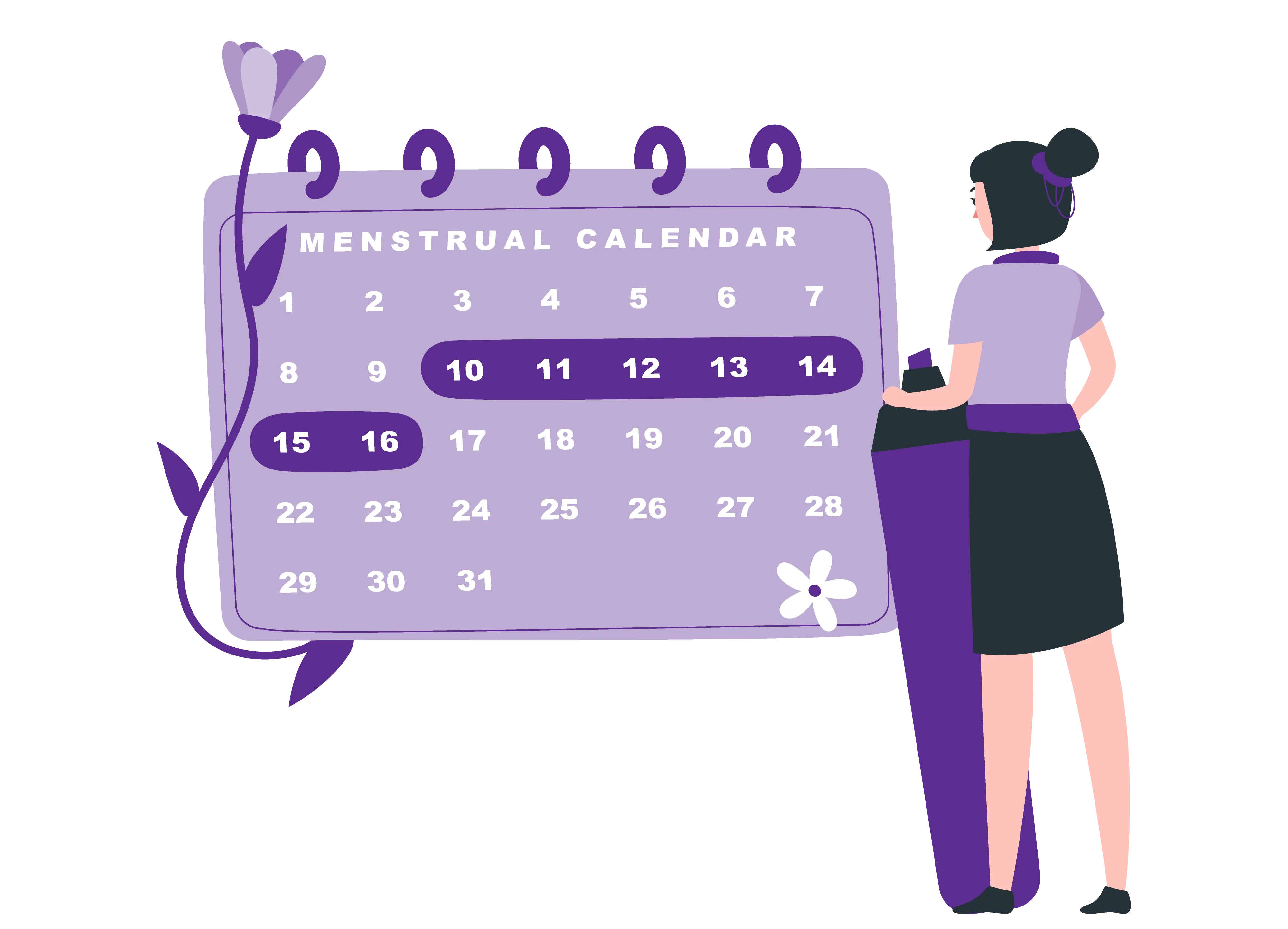Gynaecologist and Obstetrician | 4 min read
Does Cold Weather Make Menstrual Cramps Worse? A Must-Read Guide!
Medically reviewed by
- Table of Content
Key Takeaways
- Lack of vitamin D causes menstrual cramps during winter
- There is reduced blood flow due to contraction of arteries
- Menstrual cramps also occur due to pelvic congestion
Winter can take a toll on your health if you spend more time indoors and have a physically inactive lifestyle. This can also affect your menstrual cycles. You may face more menstrual cramps, which can cause discomfort during periods. For a healthy sexual reproductive system in cold weather, you should understand how this season affects your cycle and increases menstrual cramps. Read on to know more.
Additional read: 6 Important Facts You Need to Know About Menopause and PerimenopauseEffect of Cold Weather on Women’s Monthly Cycle
Causes Hormonal Imbalance
If you are wondering does cold weather make menstrual cramps worse, the answer is a big yes. Hormonal imbalance is one of the major consequences of cold weather. Since sunshine is limited during this time, the endocrine system works a bit slow. This leads to slower production of thyroid hormones. Eventually, your metabolism becomes slow too.
Due to this, your period cycles get affected. That’s the reason for long period cycles at the onset of winter season. This may go on until your body adjusts to the sudden climatic change. As a result, you may experience hormonal fluctuations that can cause PMS symptoms like
- food cravings
- mood swings
- fatigue
- irritability
Too many hormonal disturbances can increase cramps during your monthly cycles.

Increases Period Pain
Your blood vessels may compress when the cold sets in. Due to this, there is a narrower pathway for blood flow. As a result, your blood flow during the monthly cycle gets seriously affected. The hindrance in blood flow is the main reason for increased menstrual cramps and pain during the cold weather.
Changes Your Monthly Cycle
Your period is affected by environmental changes. Temperature, sunlight and atmospheric pressure can all affect your menstruation. The follicle-stimulating hormone is secreted less in the cold season as compared to the summer season. So, your monthly cycles go on for longer. The frequency of ovulation also decreases during winter months. This combination of decreased ovulation and long cycles can make you feel exhausted.

Lowers Vitamin D
The reason why you face more menstrual cramps and pain during the winters is due to lack of vitamin D. With the onset of winter season, you may spend more time indoors. This results in less exposure to sunlight and lowers your vitamin D levels. Lack of sunshine can also affect the functioning of the thyroid gland. This explains the reason for increased menstrual cramps. Taking vitamin D supplements may help reduce menstrual pain [1]. This way you can feel more comfortable and can avoid taking painkillers. Try consuming foods rich in vitamin D to manage the deficiency during this season [2].
Reduces Blood Circulation
The main reason for this is contraction of arteries during winter. When arteries contract, there is reduced blood flow. As a result, your heart has to work harder to circulate blood throughout the body. This causes vasoconstriction. This is a phenomenon in which blood vessels become narrow thereby causing blocked or reduced blood flow. When the volume inside blood vessels reduces, blood flow also decreases. Simultaneously, your blood pressure may also increase. This reduced blood circulation can cause menstrual cramps and premenstrual symptoms like mood swings.

Causes Pelvic Congestion
It is important to stay hydrated so that your body functions do not get affected. The same goes for menstruation too. During winters, the consumption of water reduces. The cold weather can make you feel less thirsty. As a result, you may experience pelvic congestion. Apart from reduced blood flow, there may be an excess pressure on blood flow within the uterus.
When your body does not get enough water, this reduced blood flow and pressure causes an increase in period pain. If there is an overgrowth of bacteria in the vagina, it can even cause a smelly vaginal discharge after your cycle ends. This sexual health awareness is important so that you can prioritize and address any concerns without delay.
Additional read: Women’s Wellness: 6 Effective Tips to Boost the Female Reproductive SystemAs you can see, your periods can get more painful as the cold season progresses. To manage these menstrual cramps, you can take medicines recommended by your doctor. Using a hot water bag also helps in relaxing blood vessels. This can ease menstrual pain too. Other ways to reduce it is to take a hot water bath or practice yoga. If you still face pain due to cramps, connect to reputed gynecologists on Bajaj Finserv Health. Book an online doctor consultationand address all your menstruation-related problems from the comfort of your home.- References
- https://pubmed.ncbi.nlm.nih.gov/30898624/
- https://link.springer.com/article/10.1007/s002130050517
- Disclaimer
Please note that this article is solely meant for informational purposes and Bajaj Finserv Health Limited (“BFHL”) does not shoulder any responsibility of the views/advice/information expressed/given by the writer/reviewer/originator. This article should not be considered as a substitute for any medical advice, diagnosis or treatment. Always consult with your trusted physician/qualified healthcare professional to evaluate your medical condition. The above article has been reviewed by a qualified doctor and BFHL is not responsible for any damages for any information or services provided by any third party.



